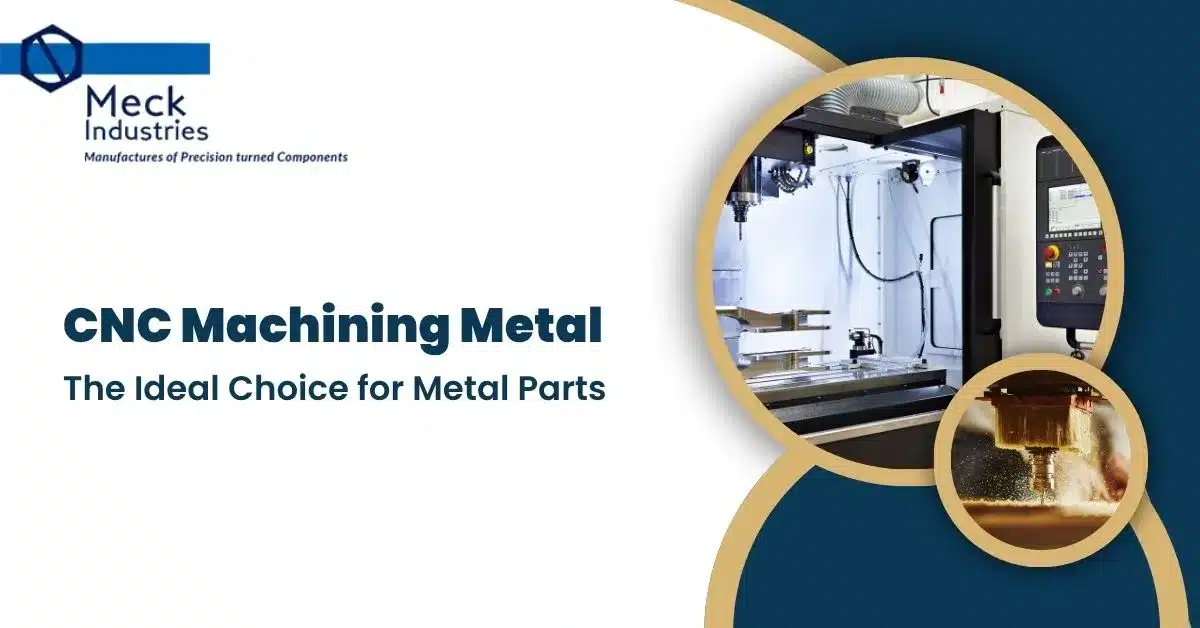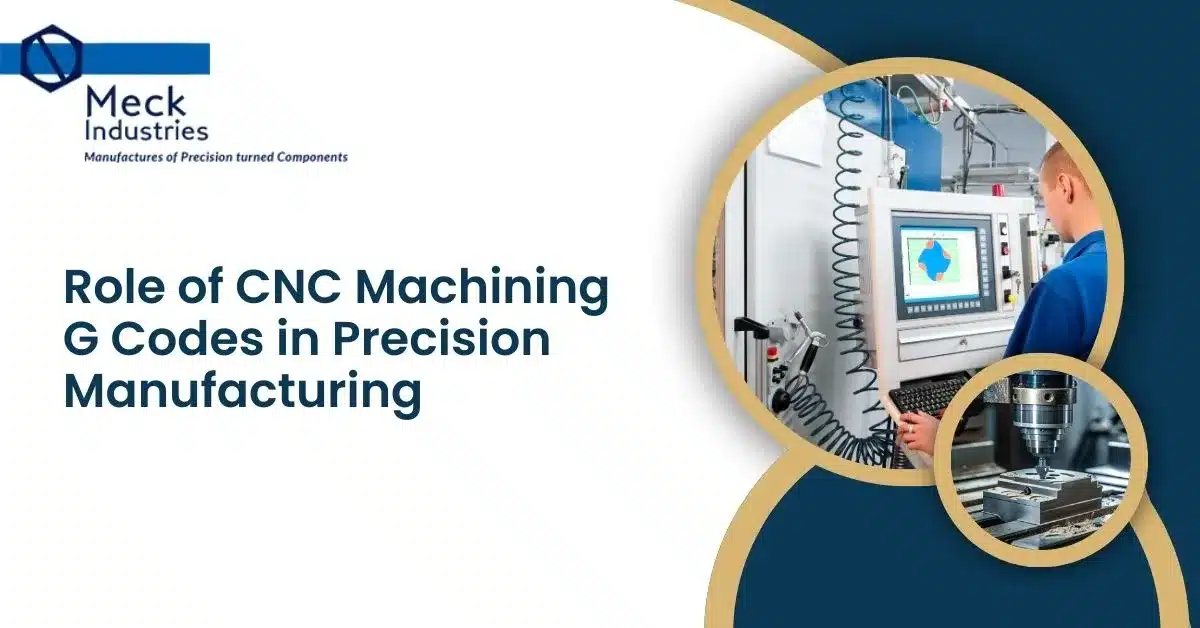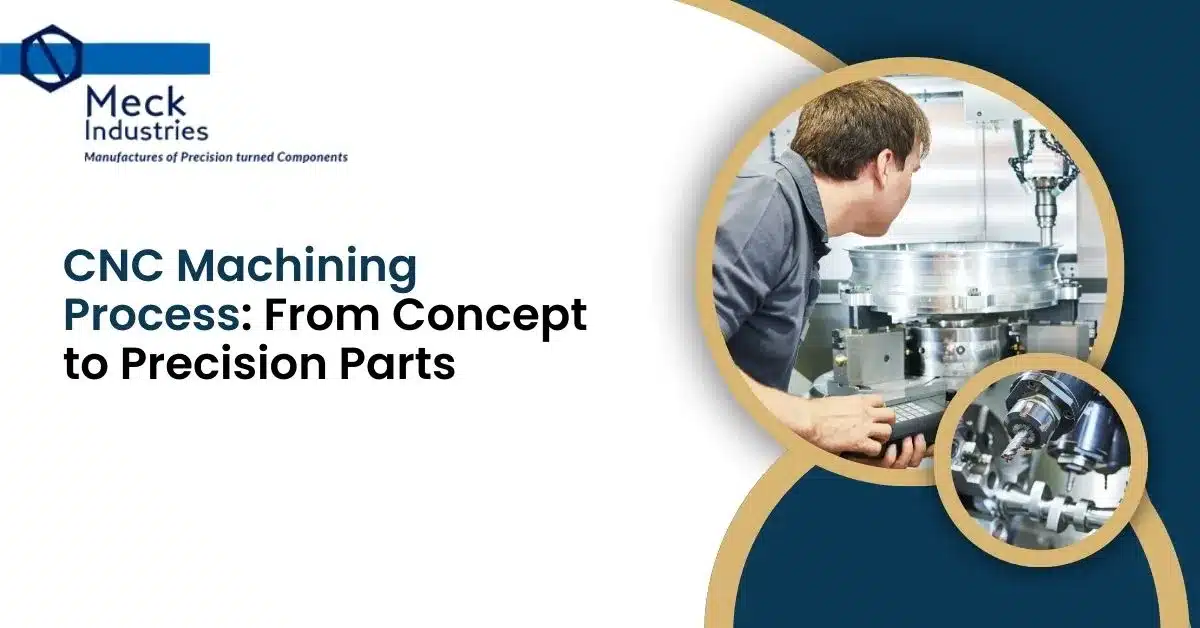
CNC machining has revolutionized modern manufacturing, offering unmatched precision, consistency, and efficiency. For industries that rely on metal components, CNC machining stands out as the most reliable and scalable production method. From aerospace to automotive, the demand for high-quality CNC machine parts continues to rise.
In this blog, we explore why CNC machining metal is the ideal solution for manufacturing metal parts—and how it ensures quality, accuracy, and cost-effectiveness.
What is CNC Machining?
CNC (Computer Numerical Control) machining is a subtractive manufacturing process where pre-programmed computer software controls the movement of machinery and tools. This process is ideal for producing custom metal parts with high accuracy and repeatability.
Common CNC machines used for metal machining include:
- CNC Milling Machines – ideal for complex shapes and parts
- CNC Lathes – great for symmetrical, cylindrical components
- CNC EDM (Electrical Discharge Machines) – used for intricate cavities in hard metals
- Multi-axis CNC Machines – allow for more flexibility and complex part geometries
Why CNC Machining is Ideal for Metal Parts
1. Exceptional Precision and Consistency
CNC machining allows manufacturers to create metal components with tight tolerances—sometimes as precise as ±0.001 inches. This level of accuracy is critical in industries like aerospace, medical devices, and automotive engineering.
2. Supports a Wide Range of Metals
CNC machines are compatible with various metals, including:
- Aluminum
- Stainless Steel
- Brass
- Titanium
- Copper
- Inconel and other high-performance alloys
This versatility makes CNC machining suitable for both prototype and production-level metal parts.
3. Durability and Strength of CNC Machine Parts
CNC machining produces parts that retain the inherent strength and durability of the original metal. Unlike additive processes (such as 3D printing), there is no need to compromise on material integrity, making it the best choice for load-bearing and structural components.
Ready to elevate your production with precision CNC machine parts? Contact us today for expert CNC machining solutions tailored to your needs!
4. Fast Turnaround and Scalable Production
With automation and computer programming, CNC machines can operate 24/7 with minimal human intervention. This makes it possible to scale production while maintaining short lead times and consistent quality.
5. Cost-Effective for Medium to High Volume
Although initial setup may involve tooling and programming, CNC machining metal becomes highly cost-effective when producing parts in volume—especially when precision and minimal post-processing are required.
Applications of CNC Machine Parts
CNC machine parts are widely used in industries that demand strength, reliability, and repeatability. Common applications include:
- Automotive Components: gears, housings, engine parts
- Aerospace Parts: turbine blades, brackets, landing gear elements
- Medical Devices: surgical tools, implantable devices
- Industrial Machinery: valves, bearings, custom housings
- Electronics: enclosures, connectors, heat sinks
Each of these sectors relies on CNC metal machining to meet stringent quality standards and industry-specific compliance.
Frequently Asked Questions
Why is CNC machining ideal for metal parts?
CNC machining provides high precision, consistent quality, and the ability to machine a wide range of metals like aluminum, steel, and titanium—making it perfect for creating durable and accurate metal parts.
Which metals can be used in CNC machining?
Common metals used in CNC machining include aluminum, stainless steel, brass, titanium, and copper. Each metal offers different properties suited to specific applications.
What are the benefits of using CNC machining for custom parts?
CNC machining ensures tight tolerances, repeatability, and faster production times. It’s especially beneficial for custom, complex, or load-bearing parts that require strength and precision.
How accurate are CNC machined metal parts?
CNC machines can achieve tolerances as tight as ±0.001 inches, making them ideal for critical applications where accuracy is essential, such as in medical or aerospace components.
Conclusion
Whether you’re a manufacturer in need of high-performance components or an OEM looking for scalable production solutions, CNC machining for metal parts delivers on every front: precision, durability, and speed. With the ability to produce a wide variety of CNC machine parts from strong metals, it’s no wonder this method remains the gold standard in modern manufacturing.



